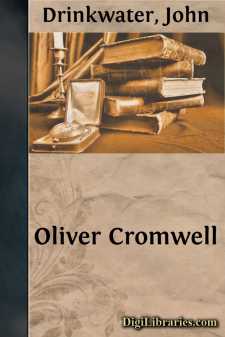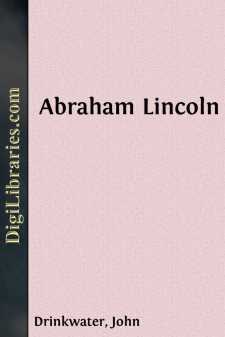Categories
- Antiques & Collectibles 13
- Architecture 36
- Art 48
- Bibles 22
- Biography & Autobiography 815
- Body, Mind & Spirit 144
- Business & Economics 28
- Children's Books 18
- Children's Fiction 14
- Computers 4
- Cooking 94
- Crafts & Hobbies 4
- Drama 346
- Education 58
- Family & Relationships 59
- Fiction 11834
- Games 19
- Gardening 17
- Health & Fitness 34
- History 1378
- House & Home 1
- Humor 147
- Juvenile Fiction 1873
- Juvenile Nonfiction 202
- Language Arts & Disciplines 89
- Law 16
- Literary Collections 686
- Literary Criticism 179
- Mathematics 13
- Medical 41
- Music 40
- Nature 179
- Non-Classifiable 1768
- Performing Arts 7
- Periodicals 1453
- Philosophy 65
- Photography 2
- Poetry 896
- Political Science 203
- Psychology 44
- Reference 154
- Religion 515
- Science 126
- Self-Help 85
- Social Science 82
- Sports & Recreation 34
- Study Aids 3
- Technology & Engineering 59
- Transportation 23
- Travel 463
- True Crime 29
Our website is made possible by displaying online advertisements to our visitors.
Please consider supporting us by disabling your ad blocker.
Oliver Cromwell
by: John Drinkwater
Categories:
Description:
Excerpt
SCENE ICromwell'shouse at Ely, about the year 1639. An early summer evening. The window of the room opens on to a smooth lawn, used for bowling, and a garden full of flowers.Oliver'swife,Elizabeth Cromwell, is sitting at the table, sewing. In a chair by the open windowMrs. Cromwell, his mother, is reading. She is eighty years of age.Mrs. Cromwell:Oliver troubles me, persuading everywhere. Restless like this.
Elizabeth:He says that the time is uneasy, and that we are part of it.
Mrs. Cromwell:There's a man's house. It's enough surely.
Elizabeth:I know. But Oliver must be doing. You know how when he took the magistracy he would listen to none of us. He knows best.
Mrs. Cromwell:What time is John coming?
Elizabeth:By nightfall he said. Henry Ireton is coming with him.
Mrs. Cromwell:John Hampden is like that, too. He excites the boy.
Elizabeth:Yes, but mother, you will do nothing with Oliver by thinking of him as a boy.
Mrs. Cromwell:Of course he's a boy.
Elizabeth:He's forty.
Mrs. Cromwell:Methuselah.
Elizabeth:What?
Mrs. Cromwell:I said Methuselah.
Elizabeth:He says John's the bravest man in England.
Mrs. Cromwell:Just because he won't pay a tax. How if everybody refused to pay taxes? If you don't have taxes, I don't see how you are to have a government. Though I can't see that it governs anybody, except those that don't need it.
Elizabeth:Oliver says it's a wrong tax, this ship money.
Mrs. Cromwell:There's always something wrong. It keeps men busy, I suppose.
Elizabeth:But it was brave of John.
Mrs. Cromwell:I know, I know. But why must he come here to-night of all in the year? Oliver's like somebody out of the Bible about to-morrow as it is. This will make him worse. I wish John no harm, but—well, I hope he's got a bad horse.
Elizabeth:Oliver's mind is made up about the common, whatever happens. John will make no difference.
Mrs. Cromwell:You can't pretend he'll make him more temperate.
Elizabeth:It's very wrong to take away the common from the people. I think Oliver is right.
Mrs. Cromwell:Of course he's right. But I'm too old. I've seen too many broken heads. He'll be no righter for a broken head.
(Bridget Cromwell, a girl, comes. She takes some eggs from her apron and puts them on a dish on a shelf.)Bridget:Why, grandmother, whose head is to be broken?
Mrs. Cromwell:Your father's is like to be.
Bridget:You mean to-morrow?
Elizabeth:At the meeting, yes.
Bridget:But he must do it. Why, the people have fished and kept cattle there longer than any one can remember. Who is an Earl of Bedford to take it away from them? I know I would let my head be broken first.
Elizabeth:It is said that the King gave leave.
Bridget:Then the King gave what wasn't his to give.
Mrs. Cromwell:Now, child, don't you encourage your father, too. He's eager enough without that.
Bridget:But I must, grandmother. There's too much of this kind of interference everywhere. Father says that Cousin John Hampden says—
Mrs. Cromwell:And that's three of you in one house....





